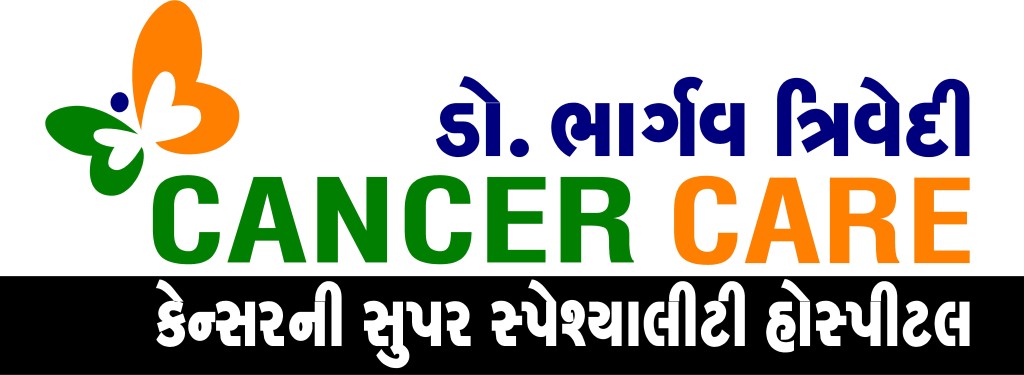Cholangiocarcinoma, often referred to as bile duct cancer, is a relatively rare but aggressive form of cancer that affects the bile ducts within the liver and gallbladder. This blog aims to provide insights into the causes, symptoms, and the diagnostic process for cholangiocarcinoma, offering valuable information for those seeking to understand this condition.
Causes of Cholangiocarcinoma:
The exact cause of cholangiocarcinoma remains unclear, but several risk factors have been identified. Chronic inflammation of the bile ducts, often due to conditions like primary sclerosing cholangitis, can increase the risk. Infection with liver flukes, exposure to certain toxins and chemicals, and specific genetic mutations have also been associated with cholangiocarcinoma.
Symptoms of Bile Duct Cancer:
Recognizing the symptoms of cholangiocarcinoma is crucial for early diagnosis and treatment. While the disease can remain asymptomatic in its early stages, common symptoms include jaundice (yellowing of the skin and eyes), abdominal pain or discomfort, unexplained weight loss, itchy skin, dark urine, pale-colored stools, loss of appetite, and in some cases, fever and chills.
Bile Duct Cancer Diagnosis:
Diagnosing cholangiocarcinoma typically involves a combination of medical tests and imaging studies. Blood tests can detect liver function abnormalities, while imaging techniques like CT scans, MRIs, and endoscopic retrograde cholangiopancreatography (ERCP) help visualize the bile ducts and any potential tumors. In some cases, a biopsy may be necessary to confirm the diagnosis.
Conclusion:
In conclusion, cholangiocarcinoma is a rare yet serious cancer that can be challenging to diagnose due to its often asymptomatic early stages. Understanding the risk factors and being aware of potential symptoms is vital for early detection and timely intervention. If you or someone you know experiences any of the mentioned symptoms, consulting a healthcare professional is crucial for a proper evaluation and potential treatment.


